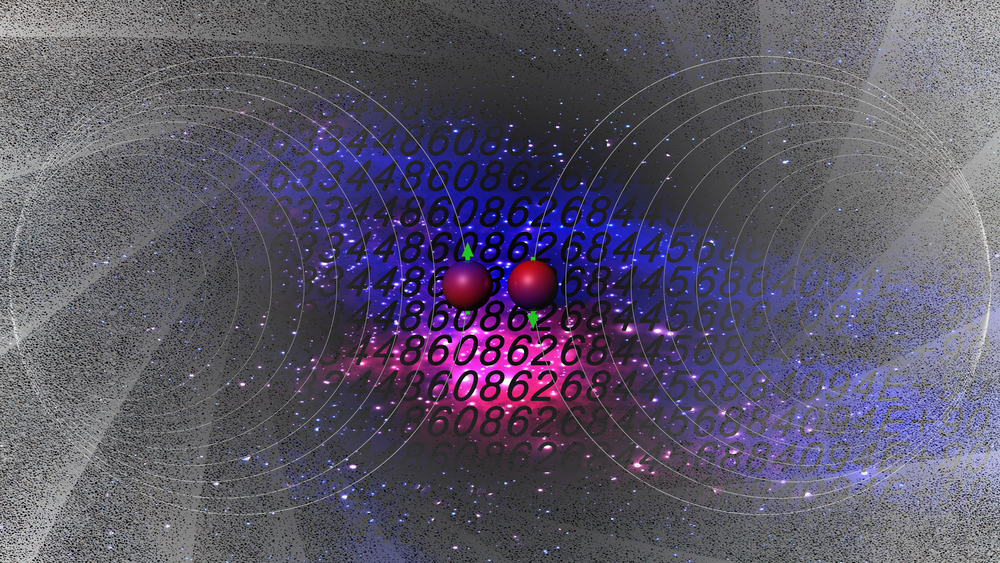From Machine Learning To Machine Understanding – Dr Yan M Yufik
Original Article Reference
https://doi.org/10.33548/SCIENTIA465
Share Episode
About this episode
Despite dramatic advances in neuroscience and biology in the 20th and 21st centuries, our understanding of the brain remains very limited. Dr Yan M Yufik, Head at Virtual Structures Research Inc, USA, is a physicist and cognitive scientist who has spent over 20 years combining experimental findings and theoretical concepts in domains as diverse as neuroscience and thermodynamics to form a theory of the brain. His focus has been on elucidating the mechanisms underlying human understanding and applying the results to the design of machines that can not only learn but understand what they are learning.
This work is licensed under a Creative Commons Attribution 4.0 International License.  What does this mean? Share: You can copy and redistribute the material in any medium or format Adapt: You can change, and build upon the material for any purpose, even commercially. Credit: You must give appropriate credit, provide a link to the license, and indicate if changes were made.
What does this mean? Share: You can copy and redistribute the material in any medium or format Adapt: You can change, and build upon the material for any purpose, even commercially. Credit: You must give appropriate credit, provide a link to the license, and indicate if changes were made.
Related episodes
Dr Rishabh Shetty | A Novel Method for Standardizing Single Molecule Studies
Studying single molecules provides researchers with unique insights into biological mechanisms and processes and allows them to visualise microscopic structural and functional differences. However, results can be unpredictable, and investigations are labour-intensive and expensive, often requiring extensive training and highly specialised laboratory equipment. Dr Rishabh Shetty and colleagues at Arizona State University, the California Institute of Technology, and the Massachusetts Institute of Technology, USA, have recently developed a simplified single-molecule assessment technique to overcome these limitations with a view to increasing accessibility and precision in molecular-level research.
Dr Marius Nagy – Dr Naya Nagy | Is a Problem Solvable or Not? Quantum Deciders Outperform Classical Ones
Today, the success of businesses and technologies relies on their ability to make quick decisions to address complex problems. To make matters more complex, these problems often involve a vast amount of data. Dr Marius Nagy at Prince Mohammad Bin Fahd University, together with Dr Naya Nagy, Imam Abdulrahman Bin Faisal University, investigate the ability of quantum computers to act as an ‘oracle’, and provide quality decisions even after just one invocation. Dr. Nagy and Nagy showed that quantum oracles give richer decision proposals and outperform classical computing oracle versions.
Henry DeGroot – Dr Timothy Hanusa | Grinding Towards Greener Chemistry: Synthesis Without Solvents
In the world of chemistry, solvate-assisted grinding is a new method that could revolutionize how we make important chemical compounds. Researchers Henry DeGroot and Dr. Timothy Hanusa at Vanderbilt University have developed this technique, which uses mechanical energy instead of traditional liquids. This not only makes the process more efficient, but also reduces pollution. It could lead to better medicines, advanced materials, and cleaner chemical production methods.
Dr. Archana Thakur | A Novel Immunotherapy Approach to Treat Solid Tumors
Developing therapies to effectively treat cancerous tumors is challenging, due to the hostility of the tumor microenvironment and the potential to unintentionally damage surrounding tissues. Infusions of immune cells can improve immune function and assist the body in fighting disease, although this approach increases the risk of inducing dangerous inflammatory responses. Dr. Archana Thakur and her colleagues at the Universities of Virginia and Pennsylvania have engineered a pioneering immunotherapy system that precisely targets cancerous cells. This new immunotherapy poses minimal risk of adverse reactions, and can be used against a wide range of tumor types.
Increase the impact of your research
• Good science communication encourages everyday people to be scientifically literate so that they can analyse the integrity and legitimacy of information.
• Good science communication encourages people into STEM-related fields of study and employment.
• Good public science communication fosters a community around research that includes both members of the public, policymakers and scientists.
• In a recent survey, 75% of people suggested they would prefer to listen to an interesting story than read it.

Step 1 Upload your science paper
Step 2 SciPod script written
Step 3 Voice audio recorded
Step 4 SciPod published




